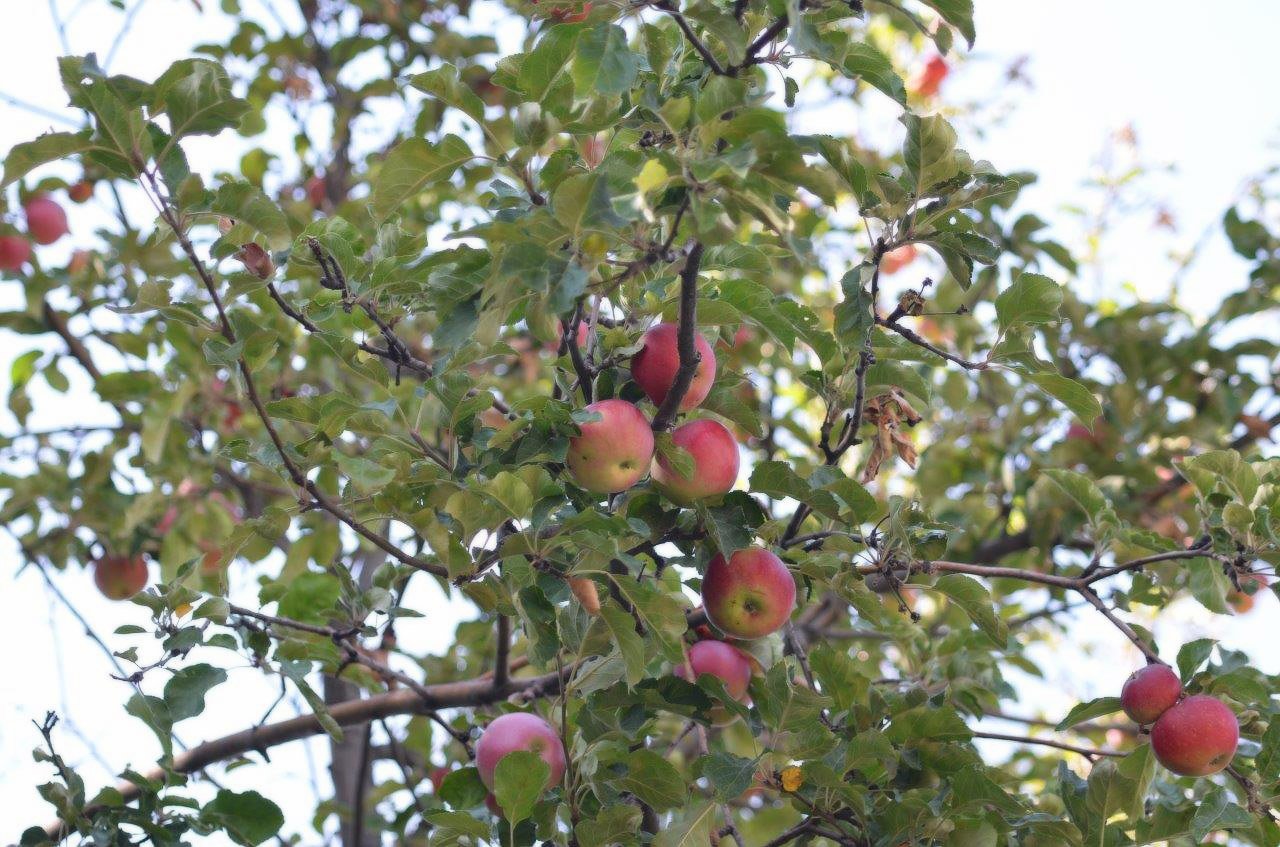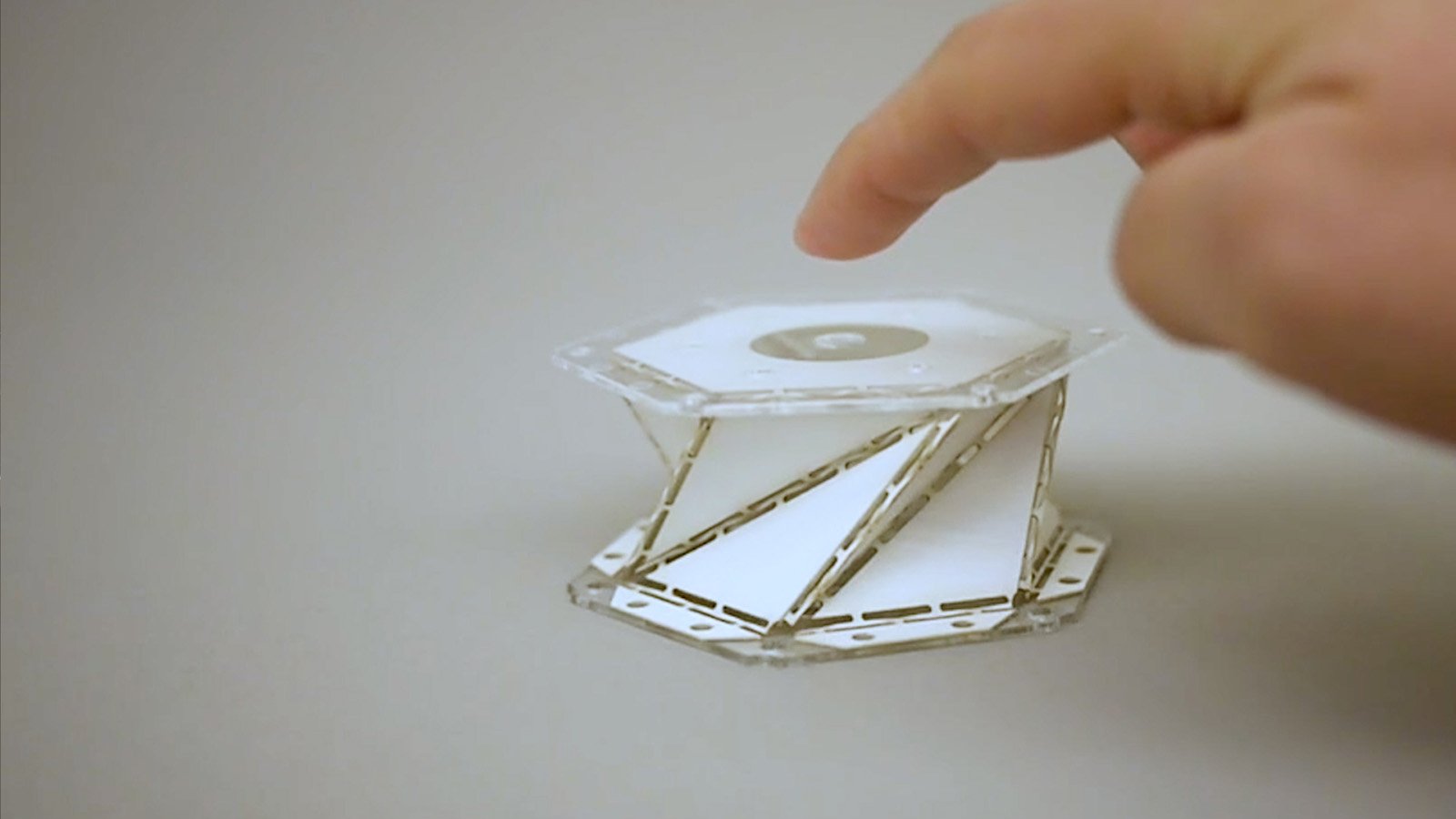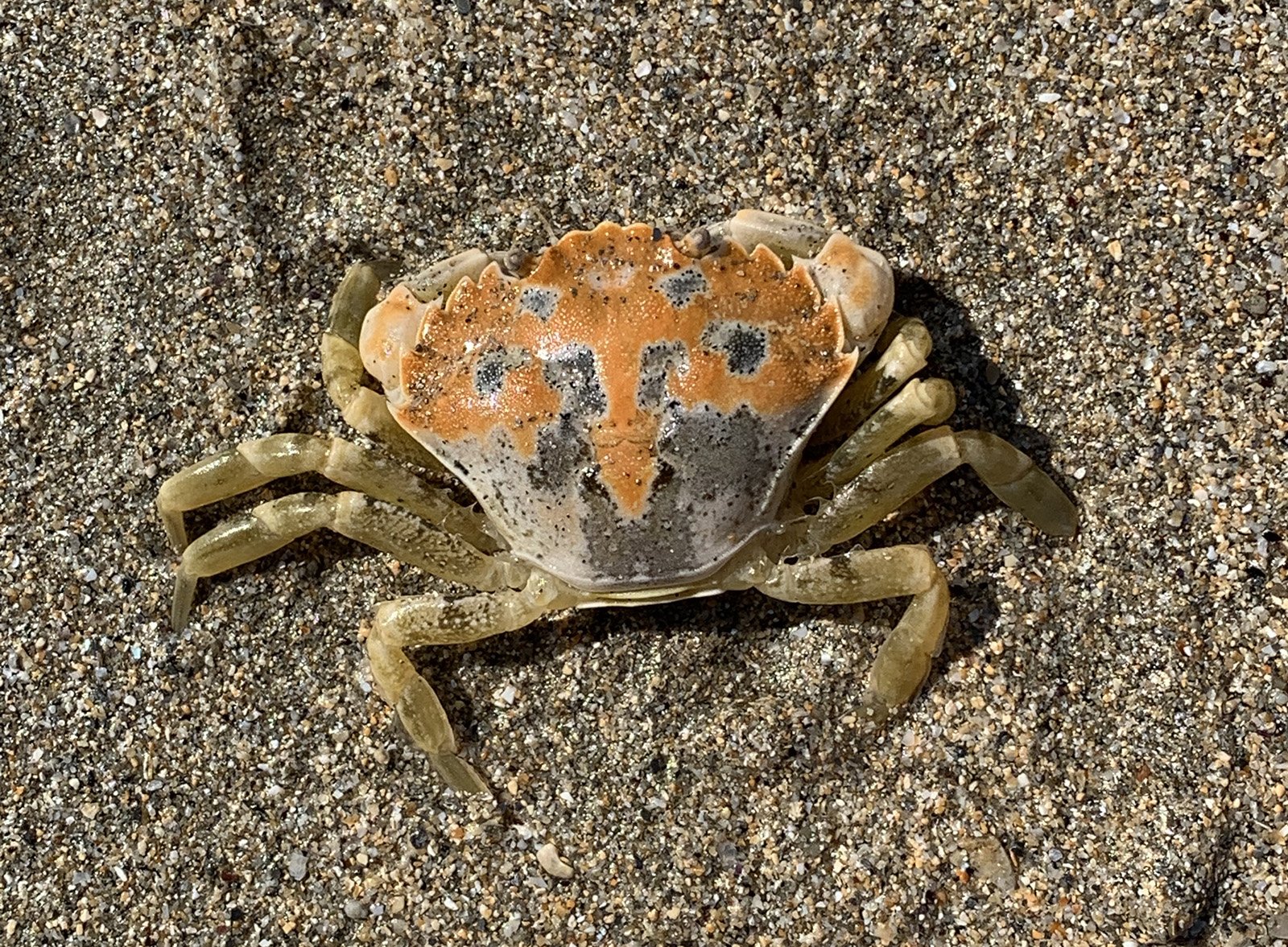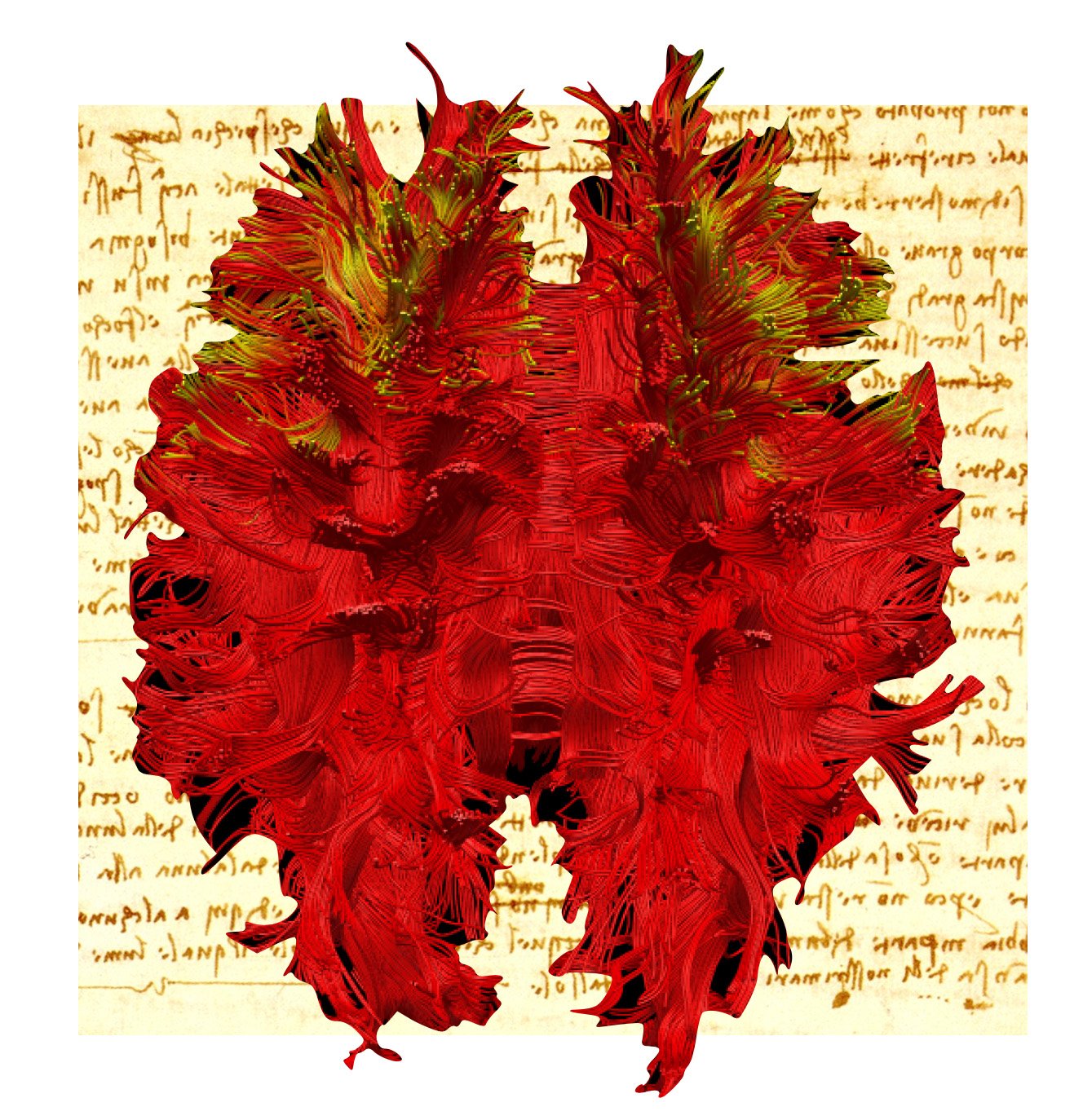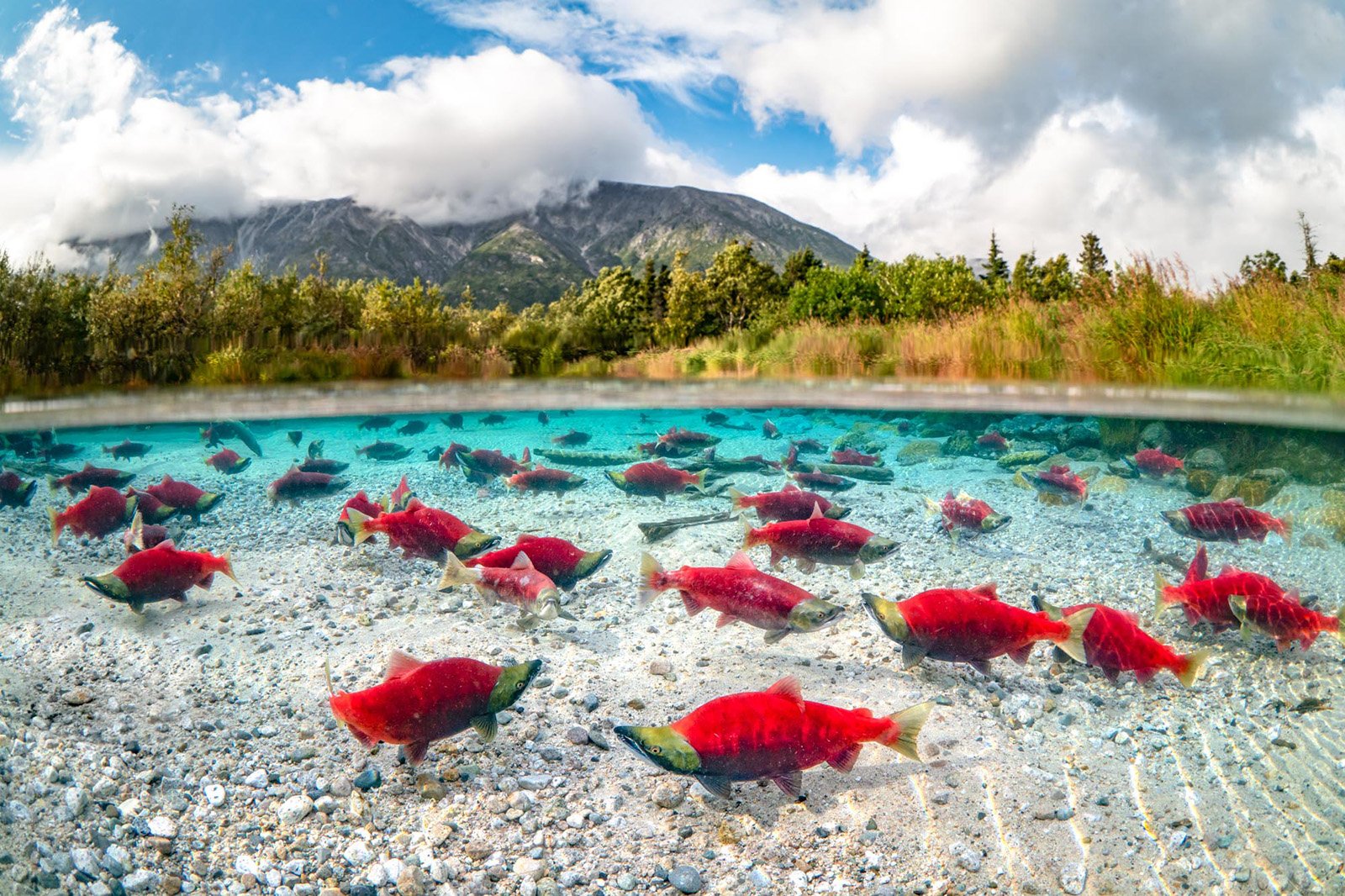Major step forward in the production of ‘green’ hydrogen
The novel reactor, described today in the prestigious academic journal Nature Chemistry, avoids mixing reactant gases by transferring oxygen between reactant streams via a solid state oxygen reservoir. This reservoir is designed to remain close to equilibrium with the reacting gas streams as they follow their reaction trajectory and thus retains a ‘chemical memory’ of the … Read more


